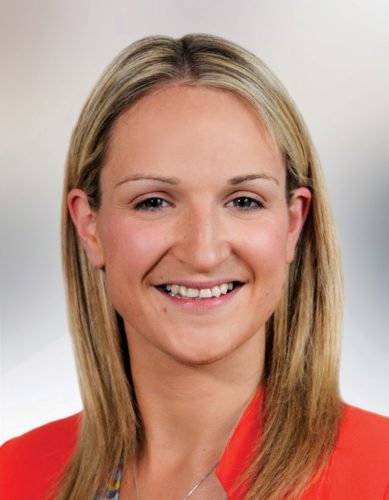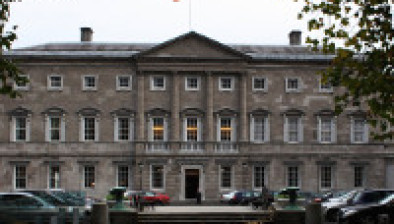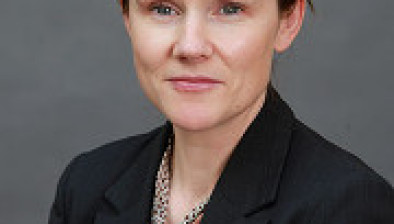Asylum seekers left waiting more than two years to be allowed to stay in Ireland

Helen McEntee
Asylum seekers who have been waiting more than two years to have their applications processed will be granted permission to stay in Ireland under a new scheme.
Ministers have approved a scheme to regularise thousands of undocumented migrants and their families who are living in Ireland, justice minister Helen McEntee announced today.
The scheme includes a parallel process allowing international protection applicants who have an outstanding application for international protection and have been in the asylum process for a minimum of two years to apply.
Mrs McEntee said the “momentous, once-in-a-generation scheme” could benefit up to 17,000 undocumented persons, including up to 3,000 children, many of whom could be in some form of employment.
“Given that those who will benefit from this scheme currently live in the shadows, it is difficult to say how many will be eligible, but we are opening this scheme for six months from January to allow people come forward and regularise their status,” she said.
People who are eligible under the scheme will:
- Have a period of four years’ residence in the State without an immigration permission, or three years in the case of those with children on the date the scheme opens for applications;
- Be granted an immigration permission that allows for unrestricted access to the labour market; and
- Have years of residence with that permission reckonable for the purposes of pursuing citizenship by way of naturalisation.
Those with an existing deportation order can apply but applicants must meet standards regarding good character and criminal record/behaviour and not pose a threat to the State. However, having convictions for minor offences will not, of itself, result in disqualification.
People with expired student permissions will also be able to apply.
The inclusion of asylum seekers who have been waiting for more than two years in a “parallel process” fulfils one of the recommendations made by the expert advisory group led by Dr Catherine Day on scrapping direct provision.
Mrs McEntee added: “I am committed to reducing processing times of both first instance decisions and appeals to six months respectively, which will ultimately benefit everyone in the protection process.”








